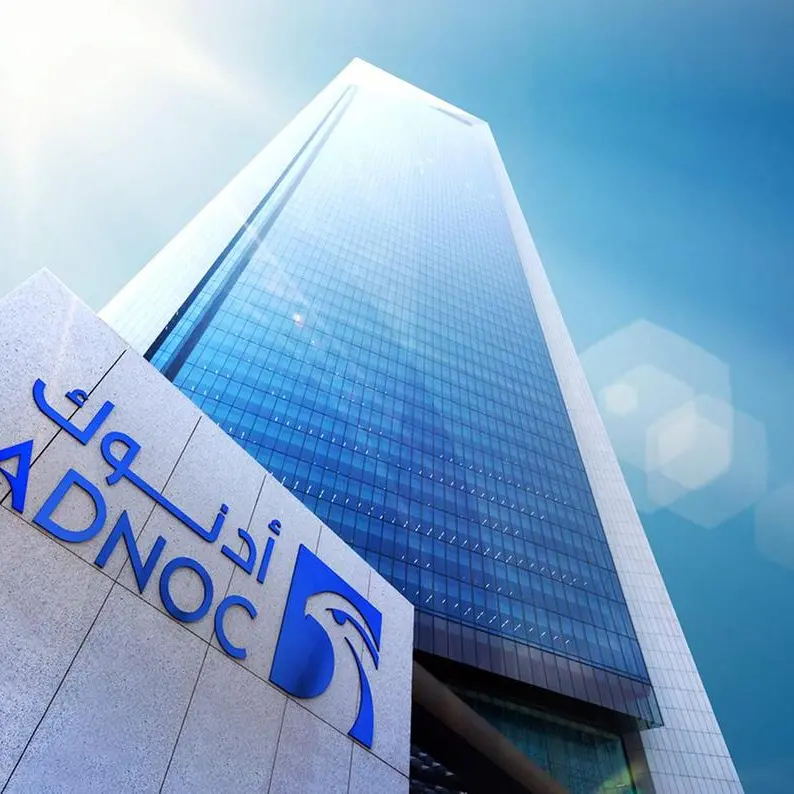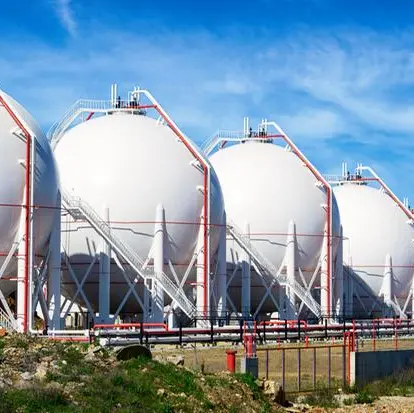BRASILIA- The owner of Brazil's biggest homegrown grains trader told Reuters he is in talks with Canadian investor Stan Bharti to help develop the largest potash mine in Latin America, in a push to wean Brazilian farmers off costly fertilizer imports.
Blairo Maggi, head of grains-growing and trading firm Amaggi and nicknamed Brazil's "Soy King," said the group is keen to partner with Bharti's Brazil Potash Corp, offering to ship potash by river from a planned mine in the Amazon rainforest.
As potash prices tripled last year and geopolitical risks threaten supplies from Russia and Eastern Europe, interest has grown in Brazil Potash's Autazes project, which could produce 2.4 million tonnes of the fertilizer ingredient annually.
Western sanctions against Belaruskali, the world's No. 2 potash producer, high energy costs and export restrictions by China contributed to the record surge in global prices.
"I have followed the Autazes project closely because it would be a revolution for the region, create local development, save Brazil money and give us food security," said Maggi, who served as the Brazilian agriculture minister from 2016 to 2019.
A well-connected local partner could also help cut red tape that has held up plans for a $2.5 billion mine since Bharti's Toronto-based bank, Forbes & Manhattan, acquired the project in 2008. A court suspended licensing for the mine granted by the Amazon environmental agency IPAAM in 2017 due to lack of consultation with a local indigenous tribe.
"We're in discussions with many parties but we are declining further comment," Bharti told Reuters, speaking from Toronto.
Maggi said his company is interested in the project because its river shipping arm, Hermasa Navegaç?o, is well-placed to carry fertilizer to farm states on soy barges that return empty from the Amazon River.
Brazil depends on imports for 95% of its potash and is a major buyer from top suppliers Canada, Russia and Belarus. Last year, Brazil imported some 10 million tonnes.
The global market is short of potash due to geopolitical issues, especially sanctions on Belarus. If tensions ease in Eastern Europe and Russia can avoid sanctions related to Ukraine, analysts say, there could be plenty of potash to meet global demand.
Brazilian President Jair Bolsonaro arrives in Moscow on Tuesday for a visit that has potash supplies on the agenda, Brazilian officials said.
LICENSING TROUBLE
Autazes, located 75 miles (120 km) southeast of Manaus, the Amazon's biggest city, is expected to produce up to 2.4 million tonnes a year once built. It would take at least three years for production to reach that level after permits are obtained, said Brazil Potash President Adriano Espeschit.
The company is also looking to develop a mine downriver in Itapiranga, which would add another 2 million tonnes a year of potash capacity, he said.
Before consulting the indigenous Mura people, as ordered by a federal court, Forbes & Manhattan went ahead in 2020 and signed a framework agreement with CITIC Construction, a Chinese company based in Belo Horizonte, to build the mine at a price of $1.9 billion, according to a filing with the U.S. Securities and Exchange Commission.
The company says the mine would have minor environmental impact due to a lack of significant residues. Salt separated from the potash at a surface processing plant would be returned underground, according to plans.
Yet the mine has met with resistance from Mura indigenous people who worry it will pollute the rivers and scare away game and fish on which they depend.
Bolsonaro, who has weakened environmental enforcement and gutted indigenous affairs agency Funai since he took office in 2019, has pointed to the Autazes mine as example of how indigenous rights can hold up the country's development.
Prosecutors recommended in 2016 that the mine's license be canceled because explorations for potash had been going on for years without the tribe's consent, in violation of Brazil's constitution.
Brazil Potash's president, Espeschit, said the Mura have begun discussing the project. However, Carla Cetina, a lawyer working with the Mura for the Catholic Church's Indigenous Missionary Council (Cimi), said consultations were still at a preliminary stage and could take years.
"The Mura are under pressure from all sides to accept the mine," she said. "But if they are given real information on the risk of pollution, prostitution and drug addiction that it could bring, I think they will not agree."
Local authorities are largely in favor of the project because it will bring investment and jobs to the region. But the Mura see things differently.
"For us the land is sacred, the forests and rivers too. We don't want to run the risk of anything happening," said Mura chief Fabio Gama in a video on social media. "This is not a good business for our people."
(Reporting by Anthony Boadle in Brasilia Additional reporting by Ernest Scheyder in Dallas Editing by Brad Haynes and Matthew Lewis) ((anthony.boadle@thomsonreuters.com; +55 61 98204-1110 ; Reuters Messaging: https://twitter.com/anthonyboadle))




















